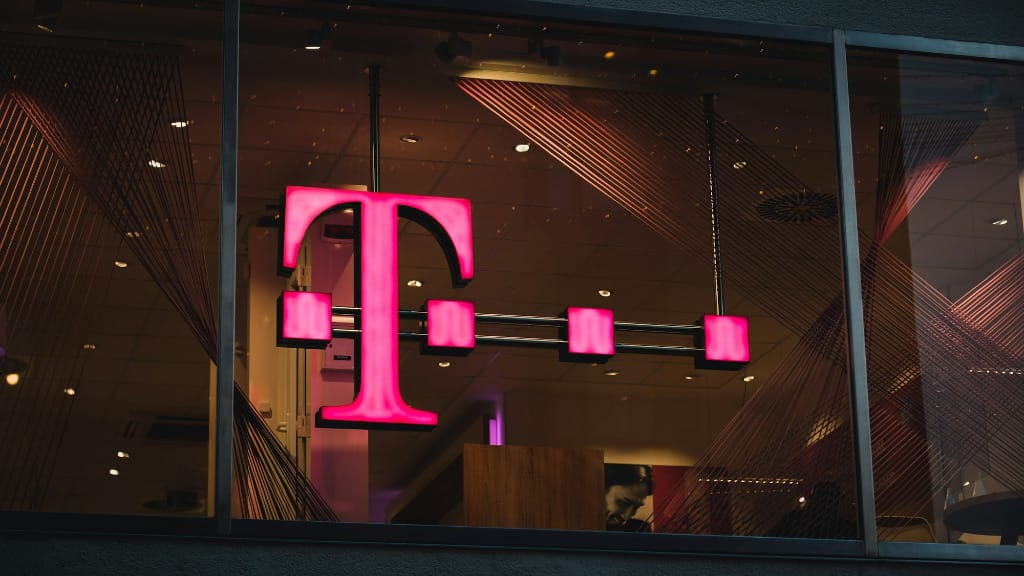T-Mobile, UScellular Pitch Merger to FCC
The companies said the cable industry's mobile offerings mitigate lost competition in UScellular's footprint.
Jake Neenan

WASHINGTON, September 16, 2024 – T-Mobile’s purchase of the nation’s fourth largest wireless carrier won’t hurt consumers, the company told federal regulators Friday.
The $4.4 billion deal would see T-Mobile acquire all 4 million of UScellular’s customers and about a third of the company's spectrum. UScellular will hang on to its nearly 4,400 towers and enter new 15-year lease agreements with T-Mobile on 2,015 of them, as well as extend leases on the 600 towers where T-Mobile is already a tenant.
“UScellular’s current rate plans are generally more expensive than comparable rate plans offered by T-Mobile. Following the Transaction, UScellular customers will have the opportunity to pay the same or less for higher quality service than either UScellular or T-Mobile offers today,” the companies wrote in an application sent to the Federal Communications Commission Friday and posted Monday.
The companies argued in addition to better mobile service for less money, the merger would allow T-Mobile to offer more rural households fixed broadband with its excess 5G capacity. They downplayed the deal’s effect on competition in the mobile market, arguing UScellular is insignificant on a national scale and that cable companies compete for mobile customers in most of UScellular’s local markets.
The FCC reviews telecom company transactions for anti-competitive effects – it approved two smaller deals between fiber broadband providers on Friday – and will ultimately have to sign off on the T-Mobile/UScellular deal.
Democratic senators urged the agency to scrutinize the deal after it was announced in May. The lawmakers said further consolidation in the wireless industry, dominated by Verizon, AT&T, and T-Mobile, would lead to higher prices for consumers. They cited a report that found U.S. mobile prices were among the highest in the world after T-Mobile’s $26 billion purchase of Sprint left the country with three major wireless carriers.
Still, analysts at New Street Research said the deal is likely to be approved. Analyst Jonathan Chaplin wrote the deal would not dramatically change the mobile carrier market at a national level. He wrote the transaction would more substantially reduce competition in UScellular’s current markets – more than the approved T-Mobile/Sprint deal but less than an AT&T/T-Mobile that was blocked in 2011 – but that the factors T-Mobile cited and the lack of national impact will likely carry more weight.
The agency also doesn’t include cable companies, which offer mobile service on major wireless carrier infrastructure, when calculating its competition index, but both T-Mobile and New Street noted cable offer mobile service in much of UScellular’s footprint and would mitigate some of the reduced competition.
“If approved, there may be conditions. The most likely in our view would be a jobs commitment. Spectrum divestitures could also be required, though we assume that T-Mobile has been careful in picking licenses that will go with the assets,” Chaplin wrote. “It will be interesting to see if either AT&T or Verizon tries to force further spectrum divestitures.”











Member discussion